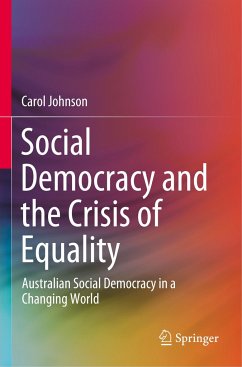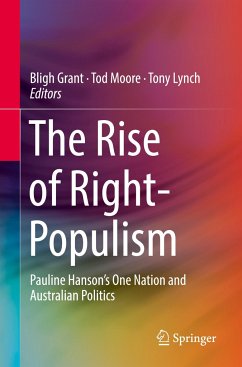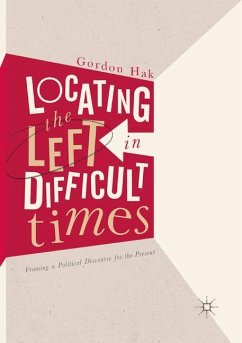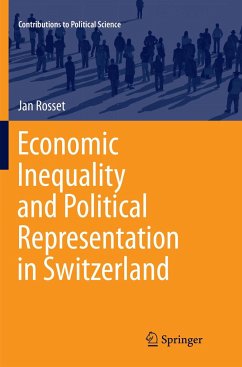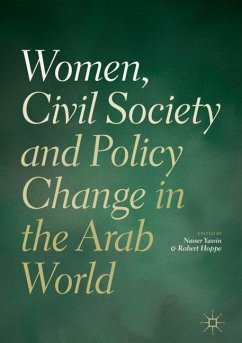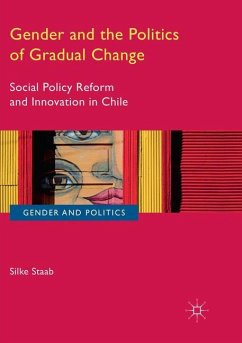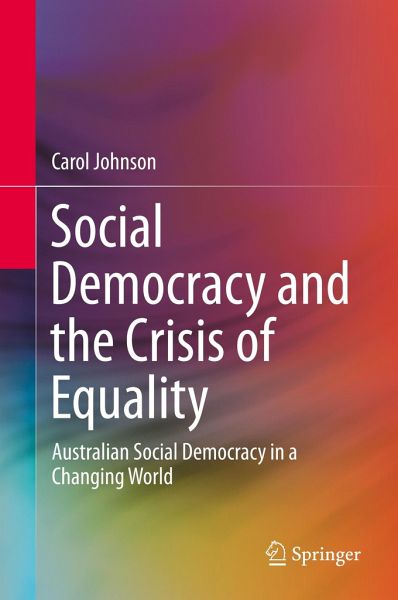
Social Democracy and the Crisis of Equality
Australian Social Democracy in a Changing World
Versandkostenfrei!
Versandfertig in 6-10 Tagen
38,99 €
inkl. MwSt.
Weitere Ausgaben:

PAYBACK Punkte
19 °P sammeln!
This book analyses social democratic parties' attempts to tackle inequality in increasingly challenging times. It provides a distinctive contribution to the literature on the so-called 'crisis' of social democracy by exploring the role of equality policy in this crisis. While the main focus is on analysing Australian Labor governments, examples are also given from a wide range of parties internationally.The book traces how a traditional focus on class has expanded to include other forms of inequality, including issues of gender, race, ethnicity and sexuality and explores both the intersections...
This book analyses social democratic parties' attempts to tackle inequality in increasingly challenging times. It provides a distinctive contribution to the literature on the so-called 'crisis' of social democracy by exploring the role of equality policy in this crisis. While the main focus is on analysing Australian Labor governments, examples are also given from a wide range of parties internationally.
The book traces how a traditional focus on class has expanded to include other forms of inequality, including issues of gender, race, ethnicity and sexuality and explores both the intersections and potential tensions that result. Meanwhile there are new challenges for equality policy arising from a changing geo-economics (the rise of Asia), the legacies of neoliberalism and the impact of technological disruption.
The book traces how a traditional focus on class has expanded to include other forms of inequality, including issues of gender, race, ethnicity and sexuality and explores both the intersections and potential tensions that result. Meanwhile there are new challenges for equality policy arising from a changing geo-economics (the rise of Asia), the legacies of neoliberalism and the impact of technological disruption.



